1. Stay Relevant
The creative industry moves fast, and staying relevant is essential. Follow industry leaders on social media, engage with trends that align with your style, and keep an eye on what’s popular in your field. Relevance doesn’t mean chasing every fad—it means understanding the current landscape so you can adapt and stand out.
2. Always Be Learning
Creativity thrives on continuous learning. Take online courses, attend workshops, or simply dive into YouTube tutorials to pick up new skills. Expand your expertise in areas adjacent to your primary craft—like a photographer learning basic video editing or a filmmaker delving into graphic design. Learning not only keeps you sharp but also makes you more versatile.
3. See AI as Your Friend, Not Your Enemy
Artificial intelligence is reshaping creative industries. Tools like Adobe Firefly, ChatGPT, and MidJourney can help you brainstorm, automate repetitive tasks, or enhance your projects. Instead of fearing AI, embrace it as a tool that complements your unique human touch. Your creativity combined with AI can unlock groundbreaking possibilities.
4. Build a Network
Success in the creative field isn’t just about your talent; it’s about who you know. Attend local meetups, engage with online communities, and connect with peers in your industry. Building genuine relationships can lead to collaborations, referrals, and invaluable feedback.
5. Cultivate Creativity
Creativity isn’t a finite resource—it’s like a muscle that gets stronger with use. Try new hobbies, explore different art forms, or simply step outside and observe the world around you. Inspiration often strikes in unexpected ways, so stay curious and open-minded.
6. Embrace Criticism and Feedback
Feedback is a gift, even when it’s hard to hear. Seek constructive criticism from mentors, peers, or even clients. Take time to do self-critiques as well—analyzing your work helps identify areas for improvement. Remember, growth comes from addressing your weaknesses, not just celebrating your strengths.
7. Keep Practicing
Mastery takes time and repetition. Dedicate time each week to practice your craft—whether it’s shooting photos, editing videos, sketching, or writing scripts. Even personal projects can be an avenue to hone your skills and experiment with new ideas.
In conclusion, becoming a better creative isn’t about hitting a single milestone; it’s about a journey of continuous improvement. Stay curious, adaptable, and resilient, and you’ll not only grow as a creative but also inspire others along the way.
